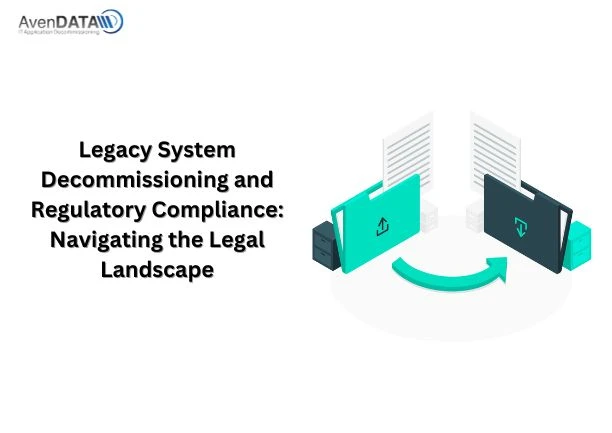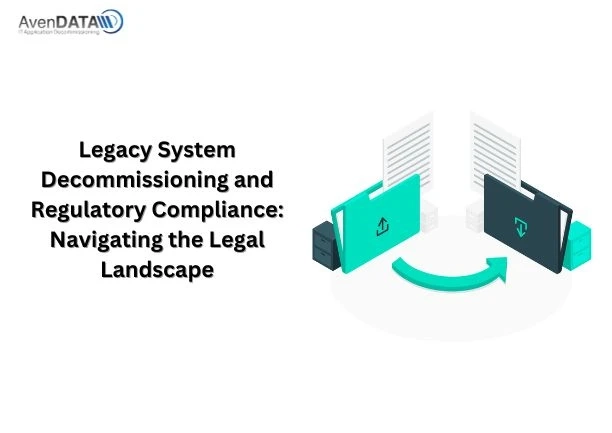In the fast-paced world of technology, businesses frequently find themselves confronted with the challenge of decommissioning legacy systems. As organizations strive to modernize their IT infrastructure, the process of retiring outdated systems becomes crucial. However, this undertaking is not without its complexities, particularly when it comes to navigating the legal landscape and ensuring compliance with regulatory requirements. This blog post delves into the intricacies of legacy system decommissioning, shedding light on the importance of compliance and offering insights into effectively managing the legal aspects of the process.
Understanding Regulatory Compliance in Legacy System Decommissioning:
Regulatory compliance is a cornerstone of responsible business operations. In the context of legacy system decommissioning, organizations must adhere to various laws and regulations governing data protection, privacy, and industry-specific standards. Failure to comply with these regulations can result in legal consequences, financial penalties, and reputational damage.
Key Considerations for Navigating the Legal Landscape:
Data Privacy Regulations:
Identify and comply with data privacy regulations applicable to your industry and geographical location. This includes understanding the General Data Protection Regulation (GDPR), Health Insurance Portability and Accountability Act (HIPAA), or any other relevant standards.
Data Retention Policies:
Review and adhere to data retention policies to ensure that data is retained for the required period before decommissioning. This is especially crucial for industries with specific legal requirements for data preservation.
Documentation and Auditing:
Maintain thorough documentation of the decommissioning process, including the steps taken to ensure data security and compliance. Regular auditing helps verify that the process aligns with legal requirements.
Legal Consultation:
Seek legal counsel specializing in data protection and IT law. Having legal experts involved in the decommissioning process can provide valuable insights and ensure that all legal aspects are considered.
Communication with Stakeholders:
Communicate transparently with stakeholders, including customers, employees, and regulatory bodies. Clearly outline the steps taken to decommission the legacy system and reassure stakeholders about data security and compliance.
Secure Data Disposal:
Implement secure methods for data disposal, ensuring that sensitive information is irreversibly deleted or anonymized. This includes physical destruction of storage media or secure data erasure techniques.
Continued Compliance Monitoring:
Establish mechanisms for continued compliance monitoring even after the decommissioning process is complete. Regularly review and update procedures to align with evolving regulatory requirements.
Conclusion:
Legacy system decommissioning is not just a technological shift; it is a legal and regulatory undertaking. Organizations must approach this process with a comprehensive understanding of the legal landscape to safeguard themselves against potential liabilities. By adopting a proactive and compliance-centric approach, businesses can ensure a smooth transition from legacy systems to contemporary IT environments, minimizing legal risks and building a foundation for sustained success.


